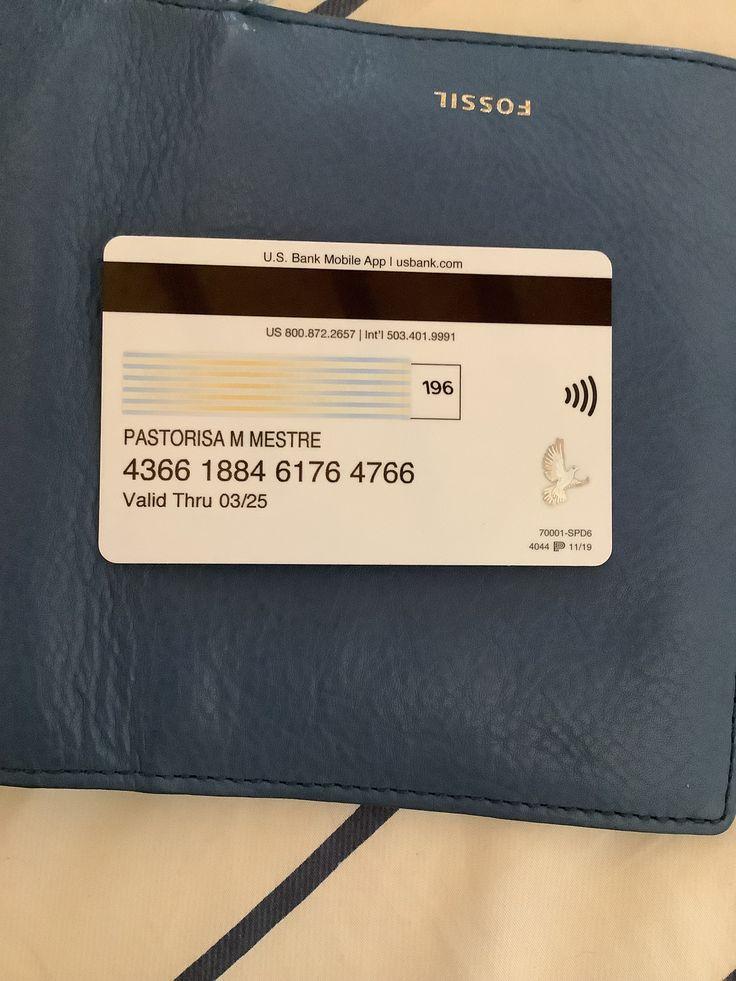Collection Information Bureau Phone Harassment

Collection Information Bureau Phone Harassment: Your Rights & Remedies
If Collection Information Bureau is contacting you repeatedly about a debt—and the calls feel overwhelming, threatening, or unfair—you are protected by law. Debt collectors can reach out, but they’re limited in how and when they can do it. Understanding your rights is the first step to ending harassment.
Who Is Collection Information Bureau?
Collection Information Bureau is a debt collection company that acts on behalf of creditors to recover unpaid balances. While their role is legitimate in collecting debts, many consumers report practices like frequent calls, vague debt claims, or failure to present proof. When those practices cross legal boundaries, they constitute harassment.
When Does Calling Become Harassment?
Under consumer protection laws such as the Fair Debt Collection Practices Act (FDCPA), certain behaviors are prohibited. Harassment may include:
Excessive or Repeated Calls
If the agency calls you many times a day, even without new information, this could be an abuse of your rights.
Threats & Misrepresentations
Collectors cannot make false threats—like promising legal action they won’t take—or misstate what they can legally do. They also cannot lie about the debt or your obligations.
Inappropriate Contact Times or Locations
Calls before 8 a.m. or after 9 p.m. (unless you agree) are generally disallowed. If you asked them not to call you at work, they must honor that.
Ignoring Written Requests or Validation Demands
If you request in writing that they validate the debt (provide proof), or send a cease-and-desist letter telling them to stop, they must comply within legal limits. Continued calls afterward may violate your rights.
If you are encountering such behavior from Collection Information Bureau phone harassment, you might have legal grounds to respond.
Steps You Can Take
Keep Detailed Records
Write down every call or message—time, date, number, what was said, and whether you asked them to stop. Save voicemails, letters, emails, screens from texts.
Request Debt Validation
Send a formal written request demanding that Collection Information Bureau prove the debt is yours, how much is owed, who the original creditor is, and supporting documentation.
Send a Cease-and-Desist Letter
A written instruction for them to stop contacting you can force them to cease calls (except in limited legal cases). After they receive it, they may only contact you to confirm receipt or inform of legal steps—not to harass.
Consult a Consumer Rights Attorney
If harassment continues despite your requests, an attorney specialized in consumer protection can help you assert your rights, file complaints, or pursue damages for unlawful conduct.
Taking Action & Holding Them Accountable
You don’t have to tolerate harassment. If Collection Information Bureau breaks rules under FDCPA or state consumer protection laws, you can do the following:
-
File a complaint with the Consumer Financial Protection Bureau (CFPB)
-
Report the behavior to the Federal Trade Commission (FTC)
-
Contact your State Attorney General’s Office
-
Consider legal action to recover damages and stop further abuse
For additional guidance and step-by-step advice, you may refer to resources on Collection Information Bureau phone harassment: Collection Information Bureau phone harassment.
- Art
- Causes
- Crafts
- Dance
- Drinks
- Film
- Fitness
- Food
- Jocuri
- Gardening
- Health
- Home
- Literature
- Music
- Networking
- Alte
- Party
- Religion
- Shopping
- Sports
- Theater
- Wellness


